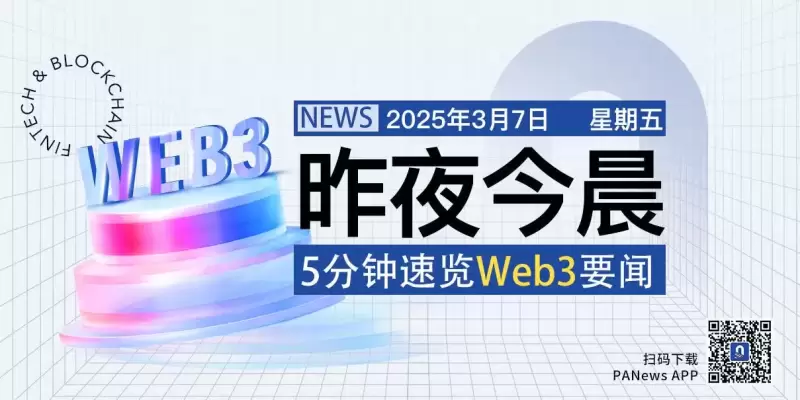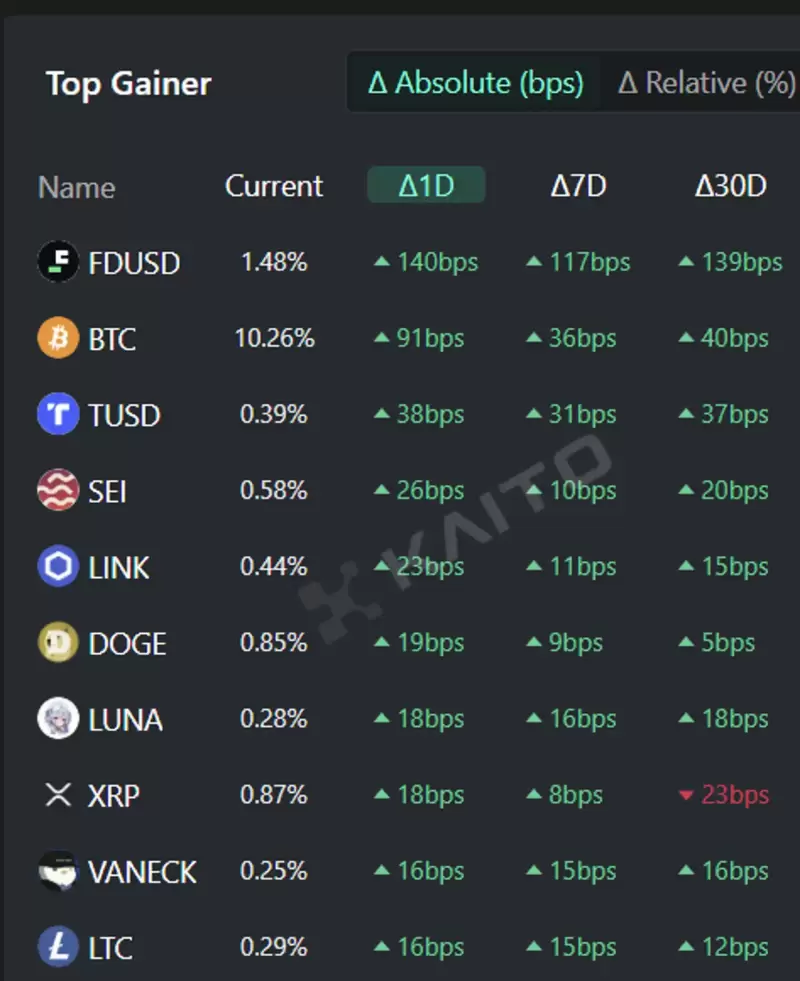 |
|
 |
|
 |
|
 |
|
 |
|
 |
|
 |
|
 |
|
 |
|
 |
|
 |
|
 |
|
 |
|
 |
|
 |
|
Cryptocurrency News Articles
EU Commission Launches DeFi Monitoring Project Amid Growing Scrutiny
Apr 06, 2024 at 01:04 am
The European Commission is exploring the potential for automated data gathering and supervisory monitoring of real-time DeFi activity on the Ethereum blockchain. This move suggests a growing interest in regulatory oversight of the decentralized finance space, aiming to increase scrutiny and establish a more streamlined compliance approach.

European Commission Embarks on Research Project to Enhance Oversight of Decentralized Finance (DeFi) Protocols
Brussels, Belgium - The European Commission (EC) has initiated a research project aimed at exploring the feasibility of implementing automated supervisory monitoring of decentralized finance (DeFi) protocols. This initiative underscores the growing interest and scrutiny of DeFi within the European Union.
The project, titled "Embedded supervision of decentralized finance (DeFi) protocols," will investigate the potential of directly gathering data from the Ethereum blockchain to enable real-time supervision of DeFi activity. This effort suggests that European policymakers are keen on fostering greater oversight within the rapidly evolving DeFi landscape.
Origins and Evolution of DeFi
DeFi, a burgeoning sector of the financial industry, has witnessed a surge in popularity in recent years. Platforms such as Uniswap and Pancakeswap have catalyzed the growth of this decentralized ecosystem, which has been characterized by both lucrative opportunities and market volatility.
In 2020, the introduction of yield farming and liquidity mining paved the way for DeFi projects to raise funds swiftly and spurred a lucrative yet unpredictable market for associated tokens. The industry's rapid ascent fueled widespread public interest and sparked discussions about its potential to revolutionize the financial landscape.
Proponents of DeFi have heralded the emergence of "DeFi millionaires" and the exponential growth of decentralized exchanges as evidence of its transformative potential. Critics, however, have voiced concerns about the sustainability of this growth and the potential for a market correction.
DeFi's Maturation and Institutional Acceptance
The crypto market crash in the spring of 2022 served as a catalyst for reflection within the DeFi community. Despite the downturn, the year may mark a watershed moment for the industry, as it evolves towards mainstream adoption.
The initial years of DeFi were characterized by high risk and a lack of regulation, which has deterred institutional participation. However, recent initiatives, such as Aave Arc, aim to bridge the gap between DeFi and traditional finance.
Aave Arc seeks to facilitate institutional involvement in compliant DeFi by eliminating the anonymity associated with traditional DeFi and establishing a "permission liquidity pool" accessible only to vetted and compliant institutions.
Anubi Digital, an Italian crypto custodian serving businesses, institutional investors, and high-net-worth individuals, has become one of the project's whitelisted financial institutions. This week, Anubi Digital launched its DeFi offering, DUO, a liquidity staking service that enables clients to participate in Uniswap liquidity pools using euros or crypto assets.
Regulatory Oversight and the Future of DeFi
The increasing involvement of regulated financial institutions signals a shift towards mainstream acceptance and the potential for greater regulatory oversight.
DeFi projects and platforms are typically governed by decentralized autonomous organizations (DAOs), comprised of anonymous token-holders with voting rights that can change frequently. This distributed governance structure presents challenges in terms of accountability and liability.
Regulatory authorities are exploring mechanisms to address these issues. The presence of regulatory oversight could foster greater confidence and stability within the DeFi ecosystem, facilitating its integration with the traditional financial system.
Conclusion
The European Commission's research project underscores the growing importance of DeFi and the need for appropriate supervisory mechanisms. As DeFi continues to mature and gain mainstream acceptance, policymakers are tasked with striking a balance between fostering innovation and ensuring the stability and integrity of the financial marketplace.
Disclaimer:info@kdj.com
The information provided is not trading advice. kdj.com does not assume any responsibility for any investments made based on the information provided in this article. Cryptocurrencies are highly volatile and it is highly recommended that you invest with caution after thorough research!
If you believe that the content used on this website infringes your copyright, please contact us immediately (info@kdj.com) and we will delete it promptly.
-

- Ripple (XRP) Introduces Its RLUSD Stablecoin to the Stablecoin Market
- Apr 03, 2025 at 04:00 pm
- Ripple introduced its RLUSD stablecoin to the stablecoin market through its launch on Kraken cryptocurrency exchange. The USD-pegged stablecoin aims to boost its cross-border payment functions and integrate with the payment platform.
-

-

- Bitcoin (BTC) Price Consolidation May Be Precursor to a Market Drop, Analyst Says
- Apr 03, 2025 at 03:55 pm
- Bitcoin has seen a notable price consolidation over the past few weeks, trading between the $84,000 and $86,000 levels. Despite the initial surge in price, the cryptocurrency has faced a decline of 3.7% in the past week and nearly 10% in the past month, signaling a period of stagnation in its upward momentum.
-

- The OFFICIAL TRUMP price plummeted over 9% in the last 24 hours to trade at $9.29
- Apr 03, 2025 at 03:55 pm
- The drop in the TRUMP price comes after US President Donald Trump signed an executive order establishing reciprocal tariffs on trading partners and a 10% baseline tariff on all imports from all countries.
-

-

-

- FDUSD, BTC, TUSD, SEI, and LINK are the top 5 virtual asset-related keywords attracting the most interest
- Apr 03, 2025 at 03:45 pm
- According to the Token Mindshare (a metric quantifying the influence of specific tokens in the virtual asset market) top gainers from the AI-based Web3 search platform Kaito
-

-





























































